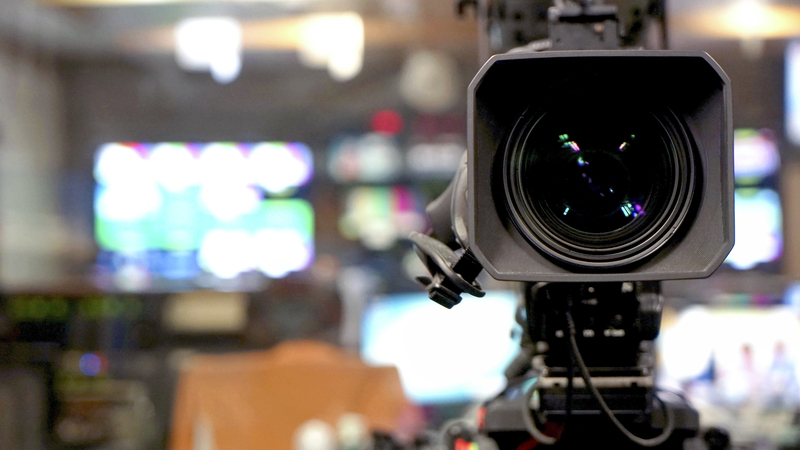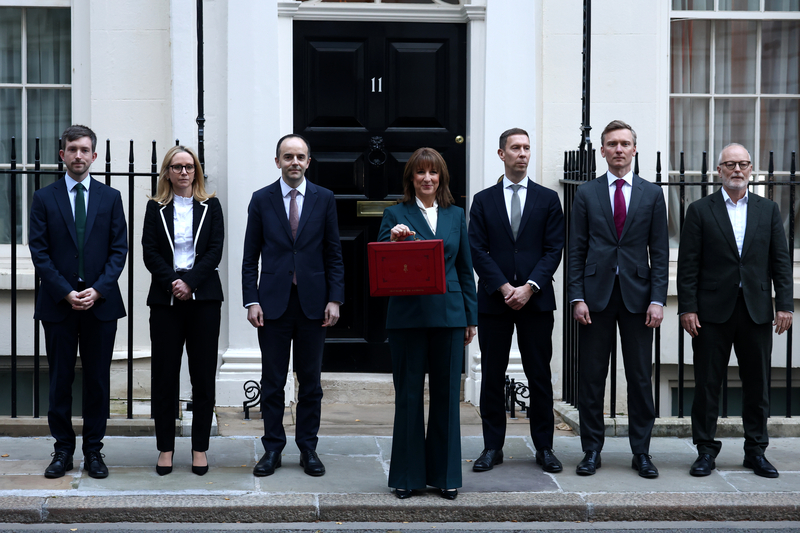
Preparing your spokespeople for a changing media landscape
Our recent webinar with Specialist Partner, Mike Pearse, focused on preparing spokespeople against the backdrop of an ever-changing media landscape.
The media landscape has undergone significant changes over the last 10-15 years, something which is characterised by the rise of social media, the immediacy of news. Journalists not only heavily rely on social media for stories, with platforms like Facebook and X serving as key sources, but mobile devices have replaced traditional broadcast equipment for live coverage. Technology has changed, but stories have also shifted to a people-focused narrative, with human stories”often centred around wrongdoing or personal crises”now taking precedence.
This landscape brings an increased level of risk that senior leaders and spokespeople need to be prepared for. In this blog, we consider the importance of media training for spokespeople to protect your organisations reputation and some key principles behind spokesperson training.Â
Always have more than one spokesperson
Its important for organisations to have more than one spokesperson a crisis can occur at any time, and it is important to have sufficient bandwidth and trained spokespeople if individuals are unavailable in times of need.
Also, not every spokesperson is suited to all types of interviews; some people are more adept at handling hostile questions, while others are better for proactive or positive news.
Your organisation will benefit from having a diverse range of voices that allow you to respond flexibly to different requests. Crisis media training can be a useful exercise to identify strengths and weaknesses in various scenarios.
Practice, practice, practice
Preparation of your key messages is important, but equally, so is practising different types of media interactions.
In a crisis, messages tend to be focused and concise, while proactive interviews are often longer and more open-ended, requiring awareness of broader topics and an ability to steer conversations in the direction you would like.
Effective preparation enables a spokesperson to stay on message, adapt their tone appropriately, and avoid loose statements that could become unintended headlines.
Everyone is a journalist
With the rise of social media and public scrutiny, preparation is now crucial not only for formal media interactions but also for any public appearances, as anyone with a smartphone can record and share statements widely.
This level of accessibility means that spokespeople must be mindful of their words and demeanour in all situations, as offhand remarks or unintended expressions can quickly become viral content and impact the organisation’s reputation. Crisis media training will help spokespeople not only prepare for these types of interactions but also be more assertive to the risks. Â
From individual spokesperson training led by a former Broadcast Journalist of the Year to crisis workshops for the whole team, Alders bespoke training sessions are designed to help you to prepare for the unexpected.
Unlike many PR firms we focus exclusively on crisis PR and issues management so we bring experience that is both relevant and up to date with the latest risks to help you hone your essential media skills. Contact us by emailing [email protected] or calling 020 7692 5675.


